
By Juliet ETEFE ([email protected])
The Bank of Ghana says sustaining recent macroeconomic gains will depend on tightly linking currency stability with increased domestic production and innovation, as the country transitions from short-term stabilisation to long-term growth.
This was stressed in a speech delivered on behalf of the Governor of the Bank of Ghana, Dr. Johnson P. Asiama, by his advisor, Dr. John Kwakye, Advisor, at the 14th Ghana Economic Forum in Accra organised by the Business and Financial Times (B&FT).
According to the central bank, the progress made in consolidating macroeconomic stability must now be translated into structural competitiveness.
“Stability without production is unsustainable, and production without innovation stagnates. To sustain growth, these three pillars – stability, production, and innovation – must interlock,” Dr. Kwakye stressed
He noted that recent improvements in sentiment, tighter monetary discipline, and recovery in key sectors demonstrate that Ghana’s macro framework has strengthened.
However, he cautioned that stability on its own is not an end, and must now serve as a platform for productive transformation.
He said the value of a currency cannot be defended forever by intervention, it must be earned by what the economy produces.
The Bank of Ghana said its next phase of policy direction is to deepen the link between the real sector and macro stability by promoting value addition and supporting industrial growth.
The Governor’s representative cited the emerging reforms in gold trading and reserves management under the new Gold Board Act as one example of how natural resources are being converted into strategic national assets rather than mere export commodities.
He added that innovation—particularly digital financial infrastructure and regulatory frameworks for fintechs—will be a core driver of competitiveness, lower transaction costs, and inclusion.
These efforts amplifies trust, transparency and efficiency and when paired with a stable currency and a productive base, turns resilience into sustained growth, he said.
Beyond internal policy actions, the Bank also underscored the need for collaboration with government, financial institutions, and the private sector, especially in long-term credit provision to manufacturing and agri-processing.
Dr. Kwakye also warned that as Ghana approaches an election year, discipline must remain the guiding principle of economic management, observing that fiscal loosening or policy reversals could undermine recent gains.
“The gains we have achieved are not trophies to display; they are responsibilities to defend,” he said.
The Bank of Ghana stressed that the continued expansion of productive capacity—supported by reliable energy, consistent regulation, and innovation adoption—will ultimately determine whether the cedi’s stability is durable.
“When stability, production and innovation reinforce each other, growth becomes self-sustaining,” he emphasised.
The post Stability, production and innovation must interlock to sustain growth – BoG appeared first on The Business & Financial Times.
Read Full Story
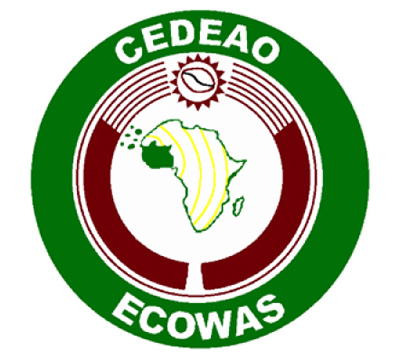
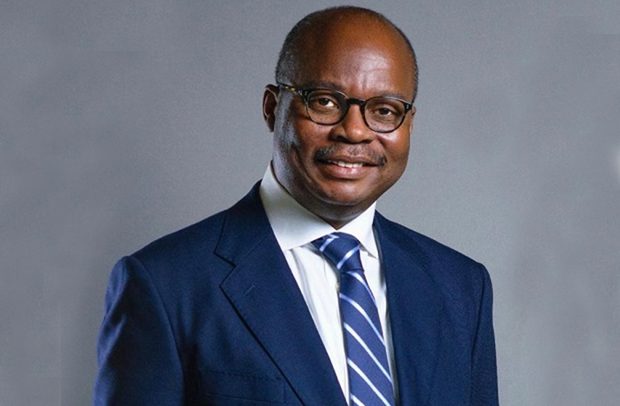






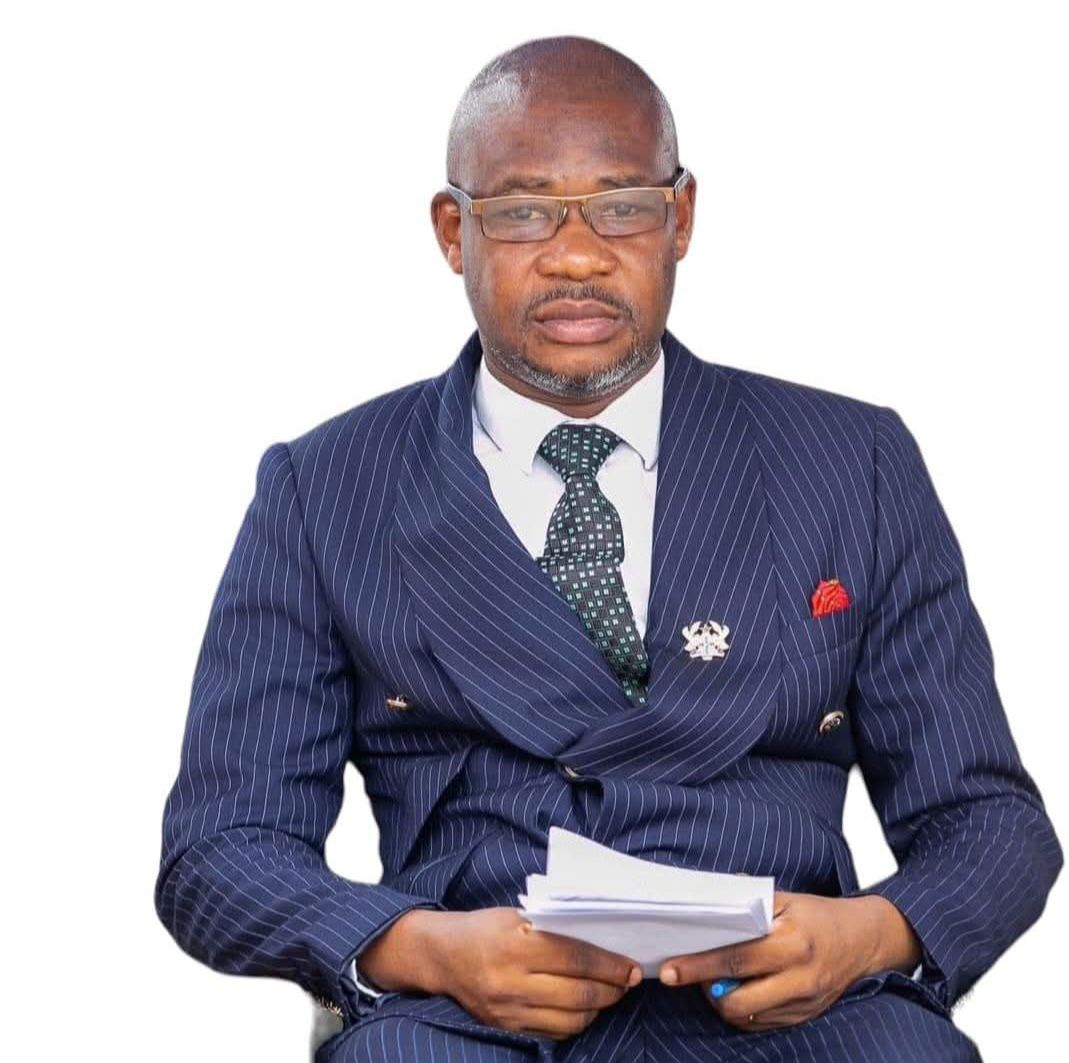




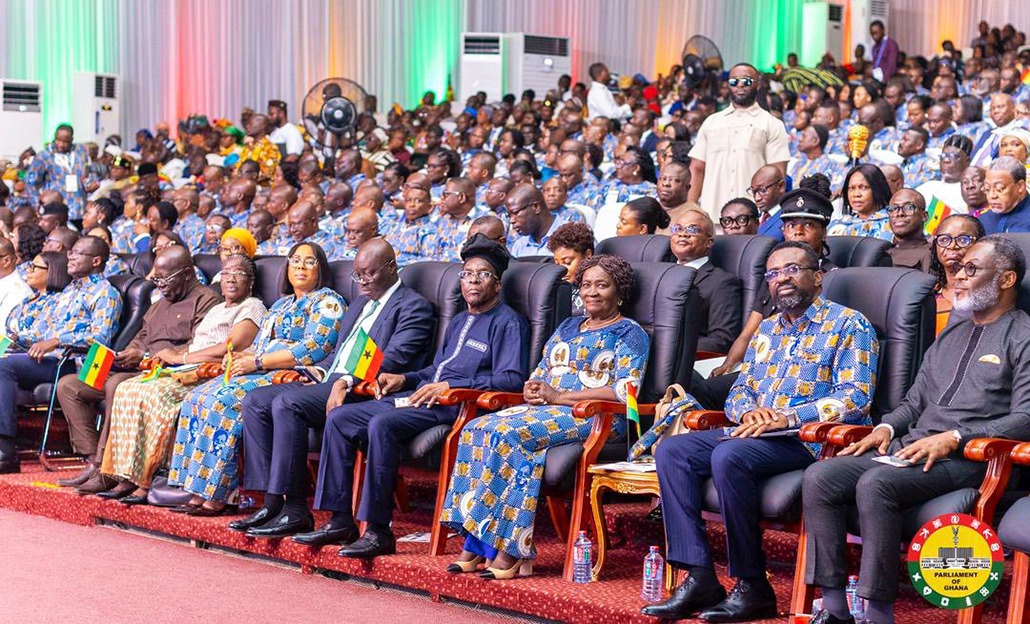
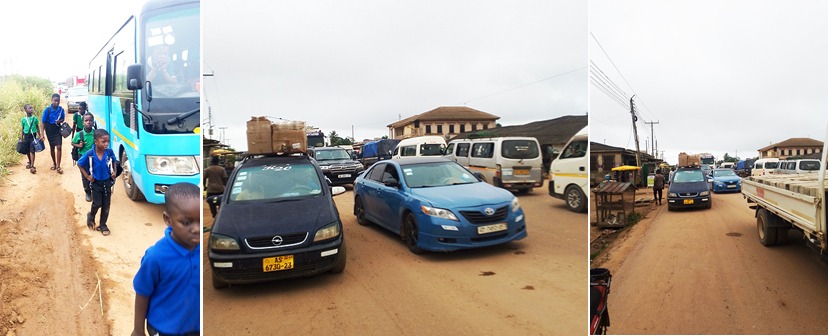

Facebook
Twitter
Pinterest
Instagram
Google+
YouTube
LinkedIn
RSS